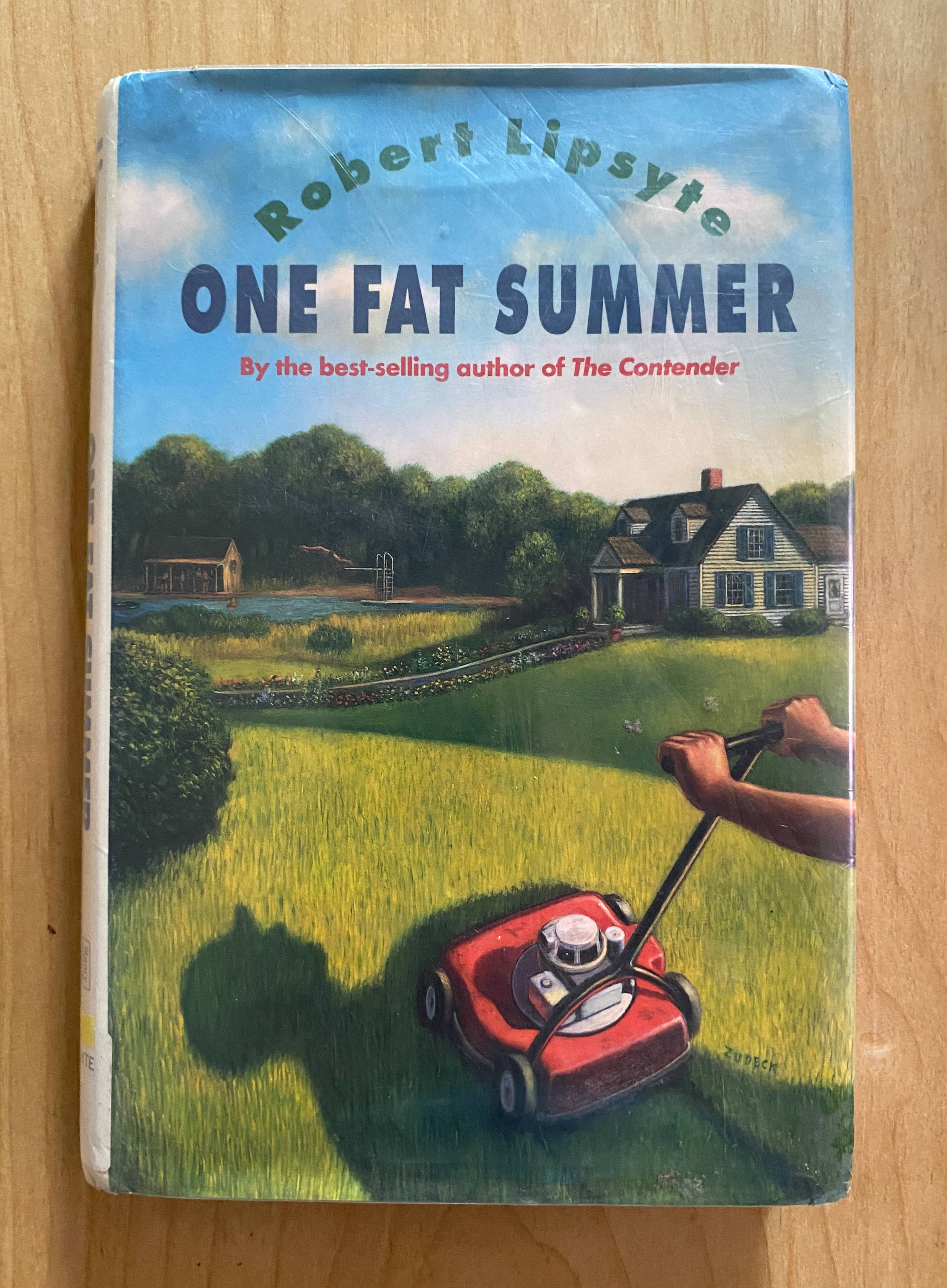Can I still call myself a painter?
. Day .
It's been a long time since I completed a painting. Nobody was buying anything during COVID, and my wall space was all full, so I sort of got out of the habit.
I really enjoyed painting the Unimog and the Rayco Stumpgrinder, so I picked out another industrial machine to paint: a snowmobile. I work from pictures on these, and it should really, in the end, be as easy as paint-by-numbers.
Unfortunately, my hands have gotten shaky. I can't do the clean lines like I want to. There's still a painting there, but it's not what I wanted, exactly.
The weather was terrible for this--we were going through a heatwave and the humidity was near 100 percent. My paint could stay wet for two days. (This is One-Shot sign paint, it's made to dry in a couple of hours.) I don't think I did the best job of preparing the wood, and that's something that can be fixed on future work. So maybe this is just a one-off mess-up. Everybody is permitted an off day. I just hope I can continue doing this, shaky hands or not.
I recently read a book with the intriguing title No One Left to Come Looking for You by Sam Lipsyte. I don't understand why that was the title, but maybe I skimmed over it. It was a book about Lower East Side punk rockers. I didn't quite believe it. I liked it but didn't love it. It was Pynchonesque in that there was a plot about a murder that didn't really mean much in terms of the actual story, and that plot was hard to follow. It's O.K. though.
It got me thinking about a book I read when I was about twelve or thirteen called One Fat Summer, by Robert Lipsyte, a New York Times sports columnist for years, and Sam Lipsyte's father. I remember really liking the book, so I got it from the library. Last night I read it again, cover to cover, in one sitting. I think it's still in print, and it should be.
The story is about Bob Marks, age fifteen, a kid whose family lives in New York City but spends summers in a lake community. The locals don't like the summer people already, but they pick on Bob especially, because he's fat. And by "pick on" I mean they beat him up, repeatedly. One of the locals wants his job, which is cutting grass every weekday for a picky old man who pays fifty cents an hour.
Bob shapes up because of the lawn work, which I think is why my mom suggested I read this book years ago. He also becomes more able to control situations he finds himself in. That's the moral I guess, get in shape so you don't get pushed around. Aside from that, there's just a lot to this book. Racism is an issue. Disordered eating is mentioned. PTSD, while not named, is a major aspect of the story. There are women characters in the book who aren't cardboard and who affect the plot.
It's a book for young adults, probably boys in particular. I thought it was great then, and on this second reading. It was like Judy Blume but with more fighting. (Maybe like S.E. Hinton with less fighting, if my movie-watching tells me anything.) It was originally published in 1967, over half a century ago, but you can hardly tell. The main giveaway is the frequent mention of popular songs by the likes of Eddie Fisher. My mistake: it was published in 1977, but it's set in the Fifties. Otherwise it's 100% relevant.
Recommended.

Next: August 2, 2023: I wrote the word "haircut" on a Post-It.
Previous: July 1, 2023: I visited Splash 'n Chill island.
Sign Up For My Mailing List
Sign up to receive infrequent e-mail about new art, shows I'm playing, and other interesting things. Also, occasional discounts on my online store. You can unsubscribe anytime and your e-mail won't be shared.